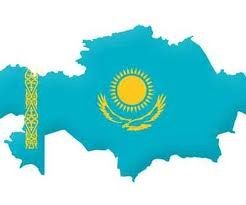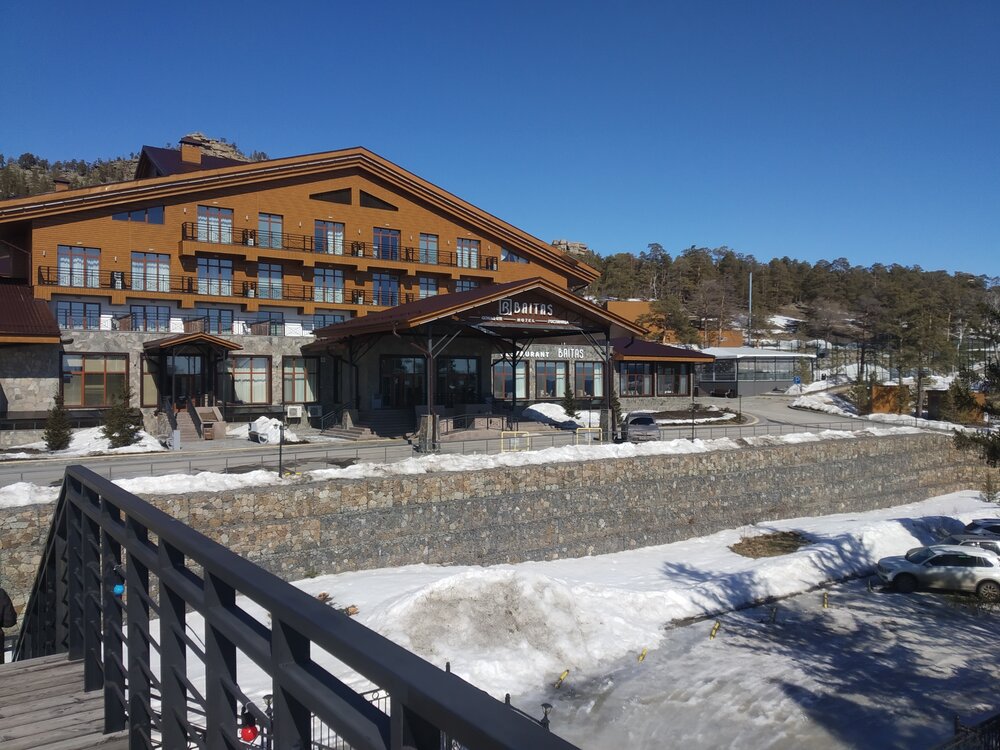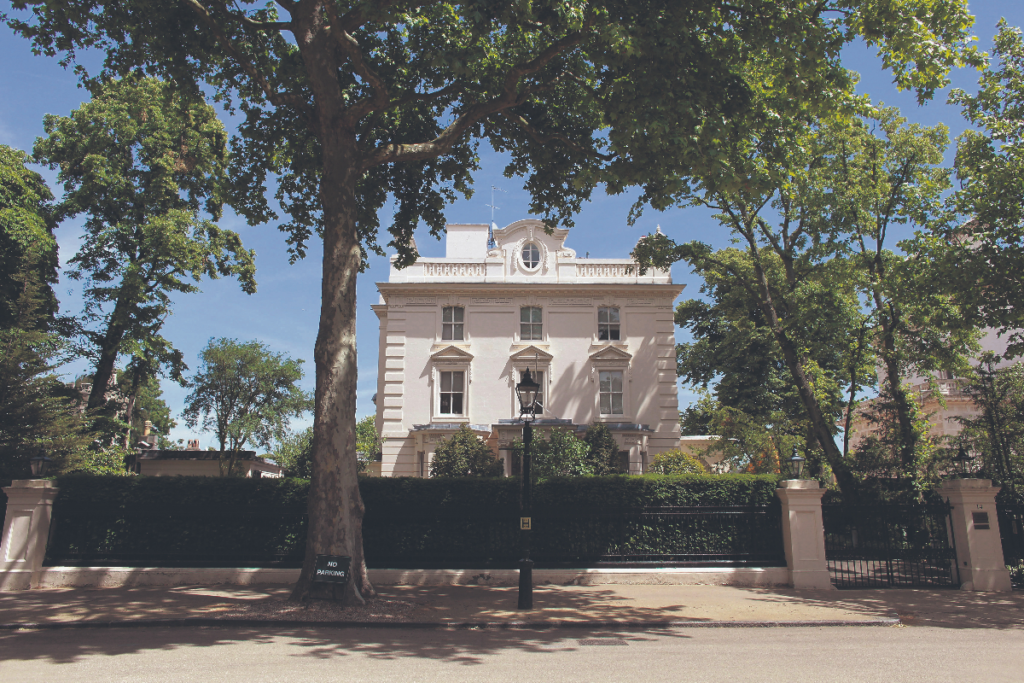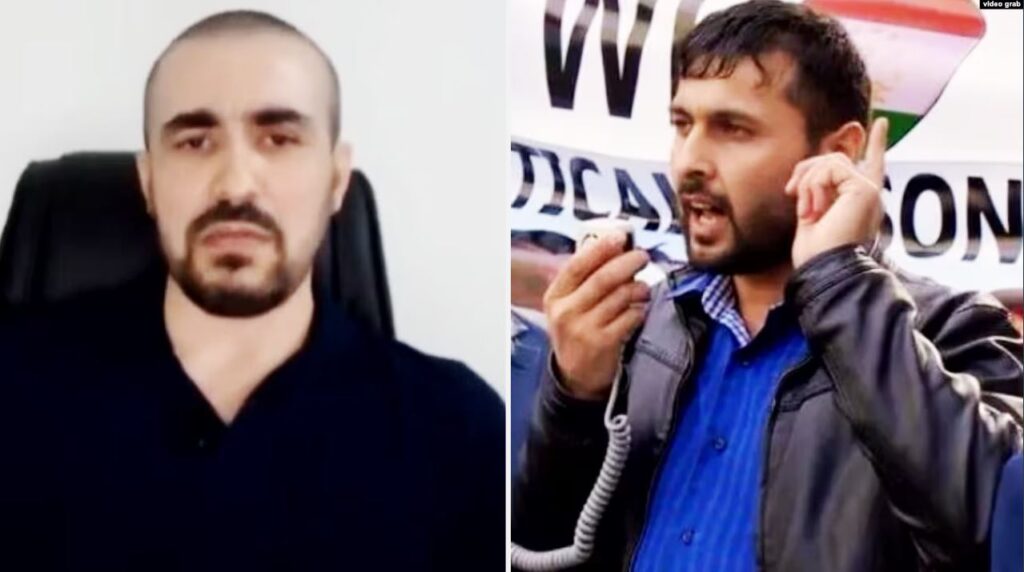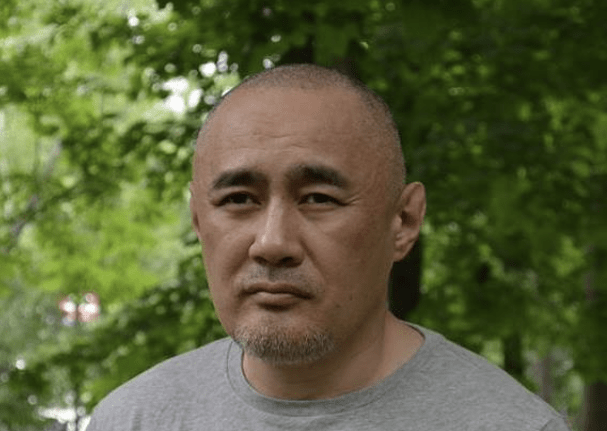NUR-SULTAN (TCA) — Kazakh authorities have moved to conscript two opposition activists for mandatory military service, a move the activists say is punishment for their political protests, RFE/RL’s Kazakh Service reported.
The effort targeting Beibarys Tolymbekov and Aslan Sagutdinov has worried opposition groups who say Kazakh officials are stepping up pressure against political activists ahead of next month’s presidential election.
Last month, during a marathon held in the country’s commercial capital, Almaty, Tolymbekov and a friend, Asya Tulesova, held up a banner alongside the race that read “You Cannot Run From The Truth.” Photographs of the banner circulated widely on social media, along with the hashtag #forafairelection and #ihaveachoice.
Tolymbekov and Tulesova were detained and sentenced to 15 days in prison for violating public assembly laws.
They were released one day early, but on May 6, a military conscription officer ordered Tolymbekov to a local enlistment office, where he was forced to enter military service according to the Eurasianet news site. On May 17, he left for boot camps, according to relatives and friends.
Under Kazakh law, all men between the ages of 18 and 27 are required to serve one year in the armed forces. However, there are many exemptions, including for higher education and health reason. Wealthy or politically connected people also routinely bribe recruiting officials, or find ways to avoid service.
Another activist, Aslan Sagutdinov, was summoned to his local recruiting office, in the city of Uralsk, on May 15, nine days after he staged a one-man protest where he stood in the city’s main square holding a blank piece of paper. He was detained, but later released after police could not determine what to charge him with.
Sagutdinov said he had a heart condition that exempted him from military service, and before May 15, he hadn’t been contacted by recruiters since 2016.
He said he believed the military recruiters were pressuring him specifically because of his political activities.
“So it appears that at those very moments, when I do something, when I try to organize a demonstration or something similar, they start calling me in, ordering me for service in the army, at the recruiting office,” he said in an interview with RFE/RL.
In recent months, the Central Asian nation has seen an uptick in protests, which is widely seen as a sign of discontent with the political system that has been dominated by Nursultan Nazarbayev since before the 1991 Soviet collapse.
Nazarbayev surprised the country when he announced his resignation as president in March, but he said he would retain wide powers as head of a national security council, leading many to believe he still retains ultimate authority.
His influential daughter, Darigha, was appointed head of the parliament’s upper chamber.
Kasym-Zhomart Tokayev, an ally of Nazarbayev, was tapped to be interim president, and he was then nominated by the ruling party to be its candidate in the June 9 election.
He is expected to win easily.
